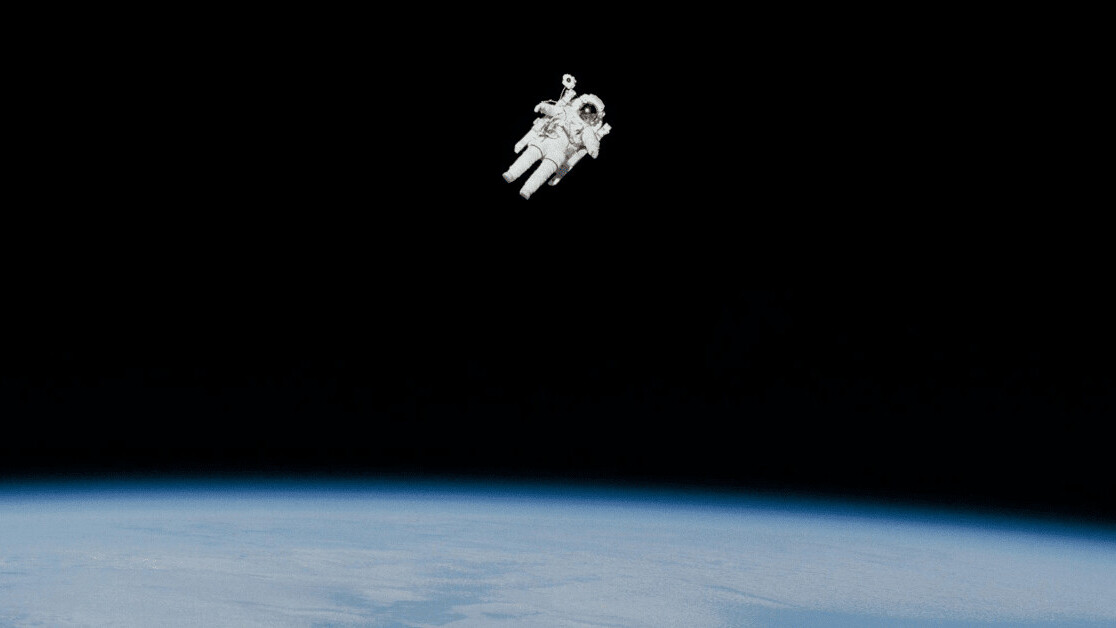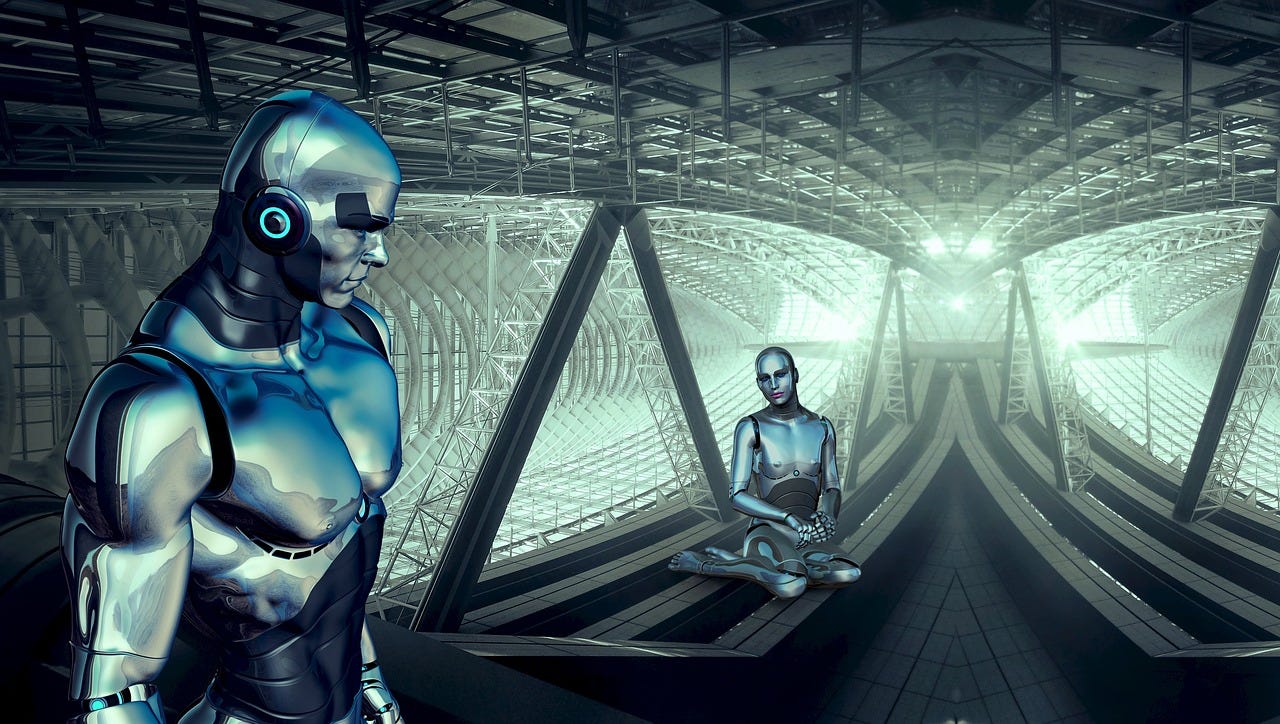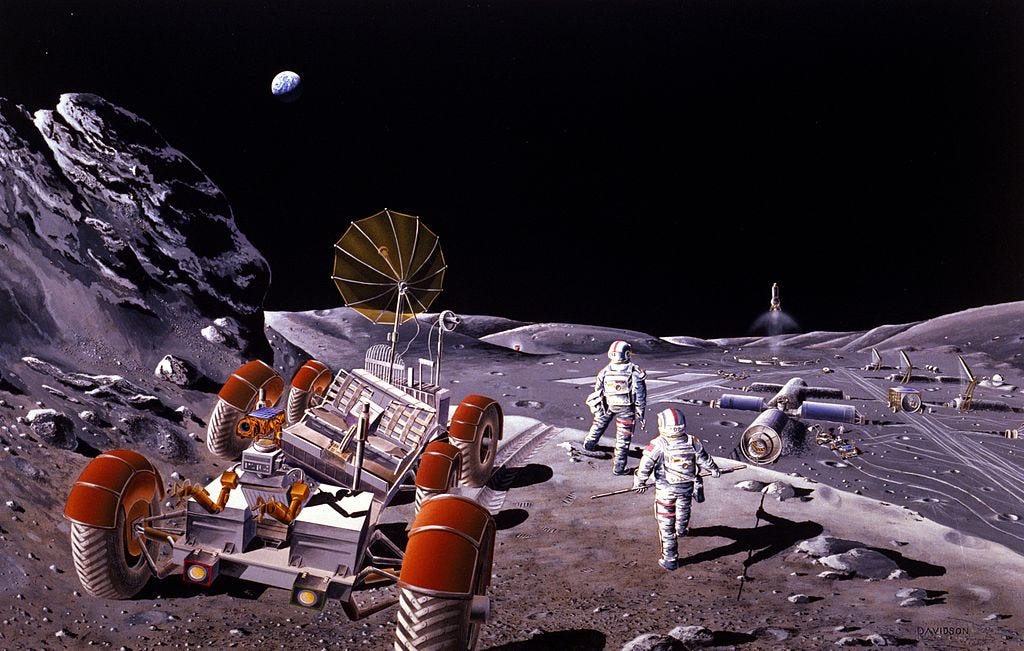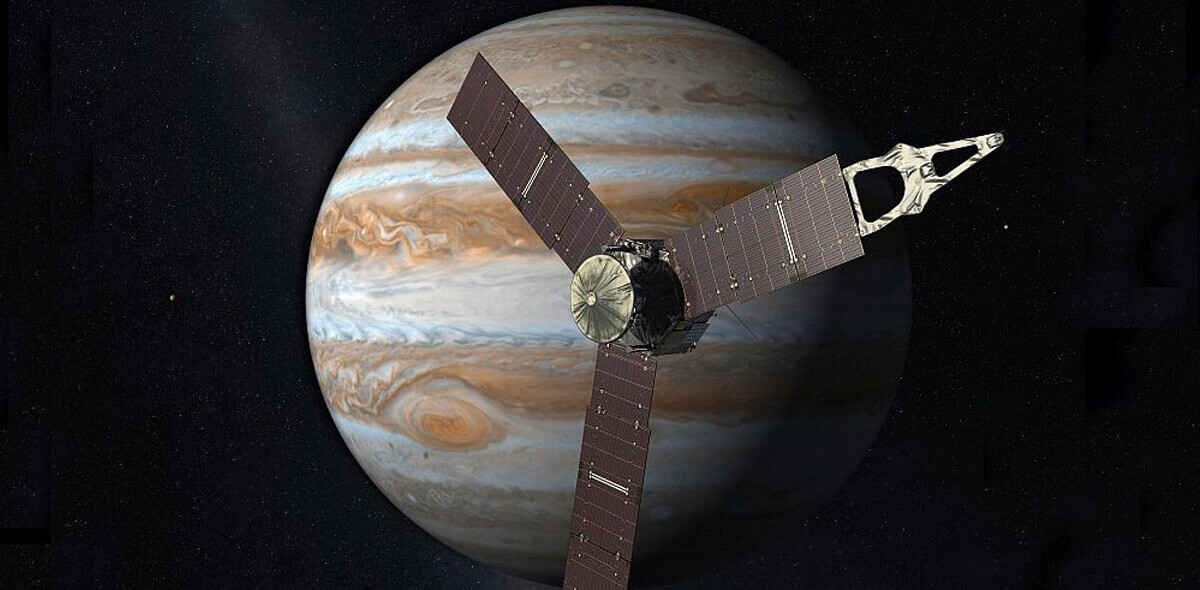The future of human evolution in space will be driven by challenges both similar — and different — to those that have guided our development for countless generations. Since our species, Homo sapiens, first evolved in Africa roughly 315,000 years ago, we haven’t changed much when it comes to physical characteristics.
Globally, our species seen a decrease in the overall body size and brain size, together with reductions in the proportions of our jaws and teeth. Regional populations also show differing physical characteristics, due to climate and lifestyle.
“We are now generally shorter, lighter and smaller boned than our ancestors were 100,000 years ago. The decrease has been gradual but has been most noticeable in the last 10,000 years. However, there has been some slight reversal to this trend in the last few centuries as the average height has started to increase,” the Australian Museum reports.
Although we´re very similar, our species evolved with a great variety of characteristics, fundamental for us to adapt to different environments. DNA studies have shown that our genetic traits have changed since humans first walked the Earth. This means that areas of our genome (set of genes) still seem to be undergoing selection for traits such as skin color and some diseases.
Our physical characteristics are determined by our genetics, but can be influenced by the environment. During the evolutionary process, the characteristics that are more adapted to that particular environment will be selected.
I evolve best under pressure
How will this affect human evolution in a completely unknown environment? What would happen when humans decide to leave the Earth and explore different planets?
Considering that the environment will be totally different from what we´re used to, it’s expected that we will evolve different traits that make us more adapted to that new life.
The time scale for evolutionary or genetic change is very long. A characteristic period for the emergence of one advanced species from another is perhaps a hundred thousand years… But today we do not have ten million years to wait for the next advance. We live in a time when our world is changing at an unprecedented rate. While the changes are largely of our own making, they cannot be ignored. We must adjust and adapt and control, or we perish. ― Carl Sagan, Dragons of Eden: Speculations on the Evolution of Human Intelligence
Scott Solomon, an evolutionary biologist believes that a big change in our environment could make us evolve very quickly. No change is more dramatic than moving to another planet, right?
First, we will have to adapt or develop solutions to well-known problems humans face during space travel. After a few months in space, astronauts suffer physiological changes due to radiation and the effects of microgravity.
One example of this is bone density loss — without the stress gravity places on our bones, they lose density. Perhaps, future humans might evolve thicker bones to overcome this challenge. The NASA video below shows a look at how space travel affects the human immune system.
During space travel, astronauts experience changes in their circulatory system, as well as their eyes, brain, microbiome, and even in the expression of some genes and in our telomeres (the protective cap of our genetic material). This can give us an idea of which systems would shape the evolution of our species.
Another possibility for future human evolution might be adaptations to the lower oxygen levels usually seen at high altitudes. People who live in high altitudes develop more red blood cells, transporting oxygen more efficiently.
Isolation from terrestrial germs could result in Martian colonists losing the ability to fight off common diseases. Potentially, these colonists may be forced to keep themselves separated from new arrivals from Earth, speeding genetic changes.
“Our eyes are accustomed to a certain amount of light on Earth. If there has to be some adaptation to these new ambient conditions, then either our optical system and brain will have to develop new ways of collecting more light on the retina, or we will develop new retinas or bigger eyes,” explained Dr. Nathalie Cabrol, a planetary scientist at the SETI Institute.
This is some serious social distancing
Technological advances, especially in the biotech area, will provide solutions for us to cope with those threats to our survival. For example, using genetic engineering, we could alter our genome to become more resistant to diseases, and to live longer lives.
We also have to consider the founder effect. Probably, only a few humans will be able to start these new civilizations on a foreign planet. Imagine that one of them has a gene for a specific trait or a disease. Through reproduction, they could pass this gene on to the next generations and the entire population may eventually develop the disease. This occurs with small populations that live in isolation, highlighting the importance of genetic variability.
Given enough time, the human race might even splinter into more than one species.
“This happens routinely to animals and plants isolated on islands — think of Darwin’s finches. But while speciation on islands can take thousand of years, the accelerated mutation rate on Mars and the stark contrasts between conditions on Mars and Earth would likely speed up the process. In just a few hundred generations — perhaps as little as 6,000 years — a new type of human might emerge,” Soloman suggests.
Ethical issues also come into play — We would be selecting a population with specific characteristics to constitute a new species. Who would make those decisions, and which characteristics would be selected for — or against — while colonizing space? All of these possibilities must be considered as we ponder life beyond the Earth.
This article was originally published on The Cosmic Companion by James Maynard, founder and publisher of The Cosmic Companion and Ana Luiza Dias, a specialist in Biotechnology. You can read this original piece here.
Astronomy News with The Cosmic Companion is also available as a weekly podcast, carried on all major podcast providers. Tune in every Tuesday for updates on the latest astronomy news, and interviews with astronomers and other researchers working to uncover the nature of the Universe.
Get the TNW newsletter
Get the most important tech news in your inbox each week.







